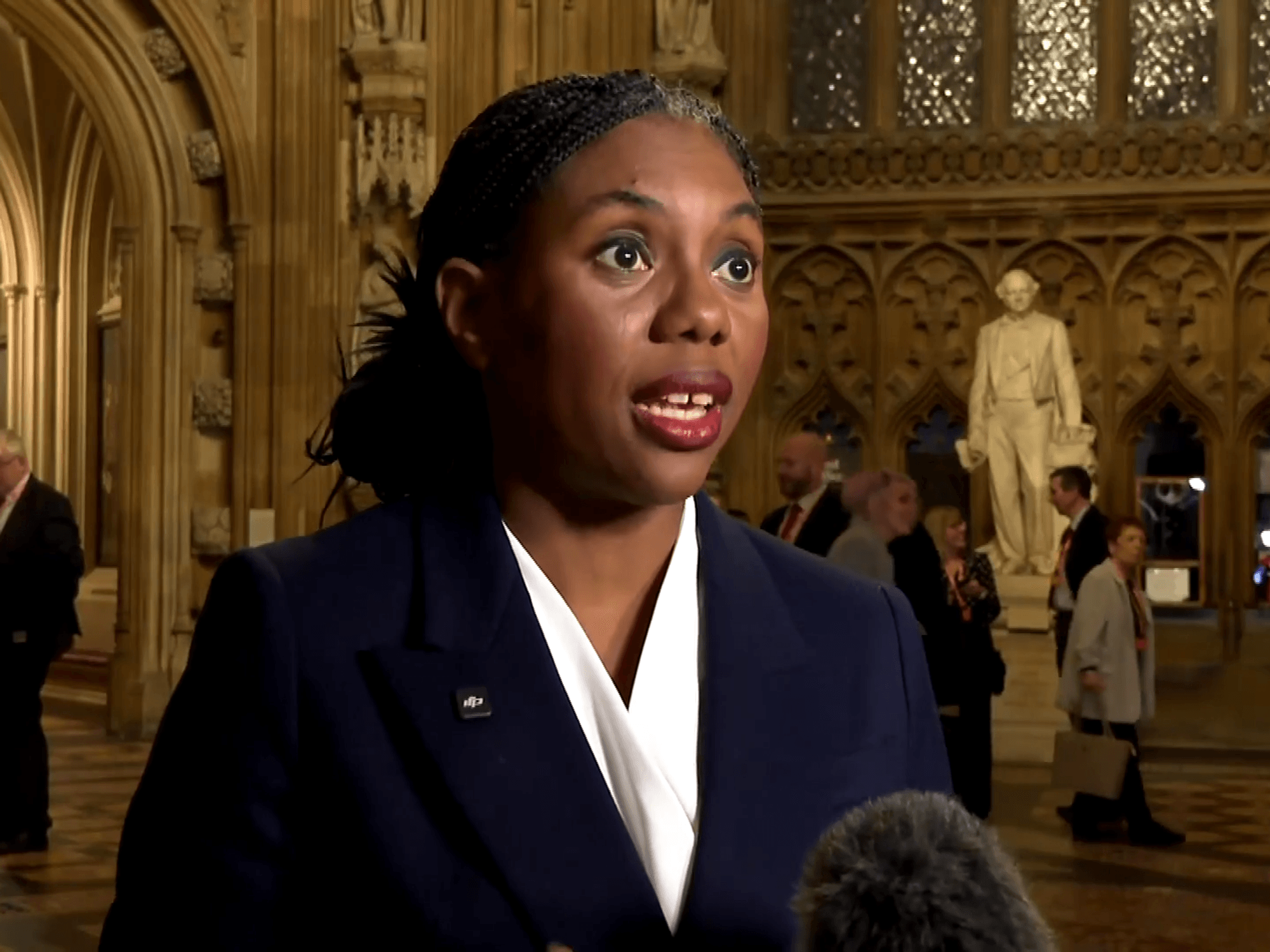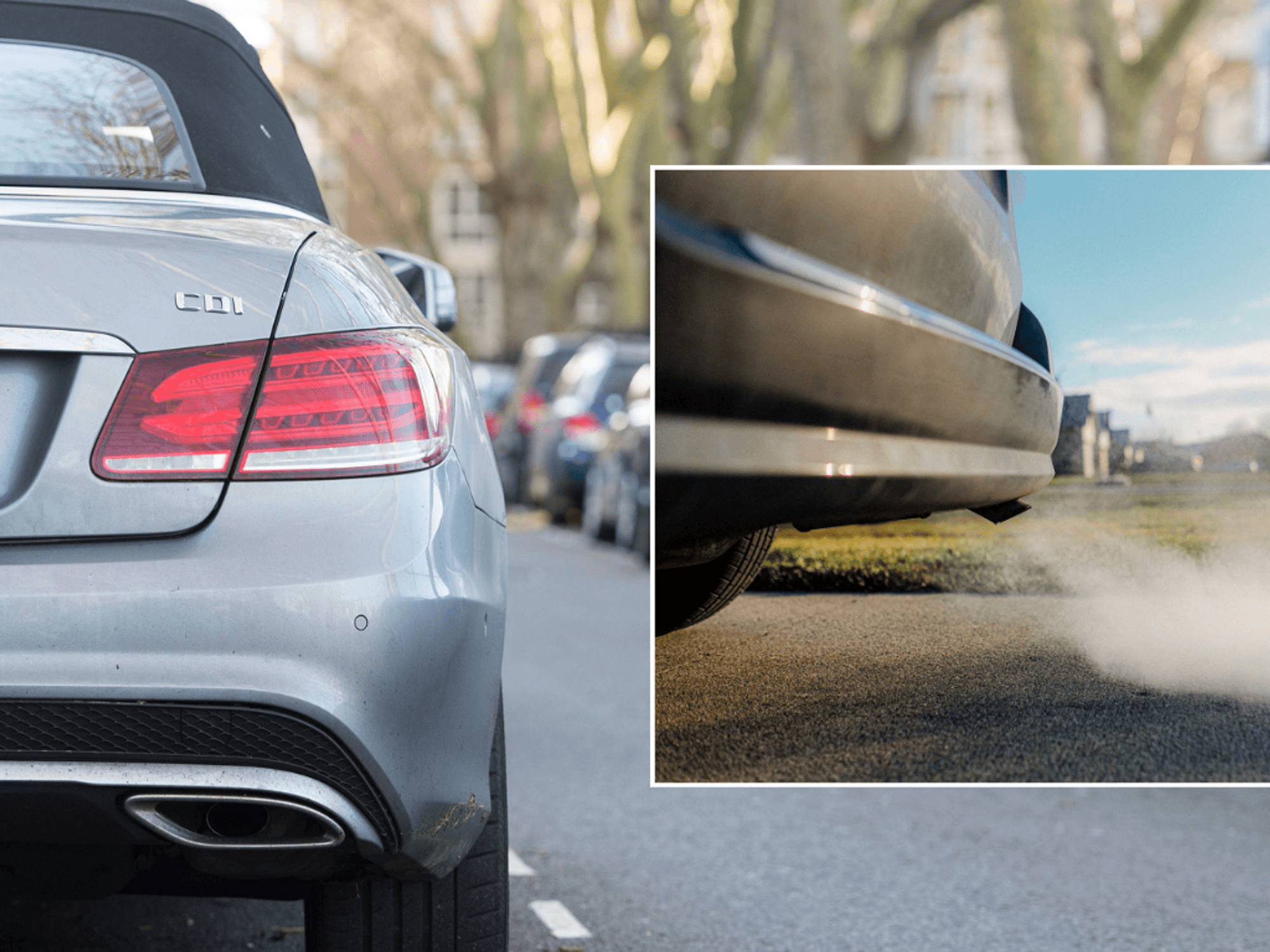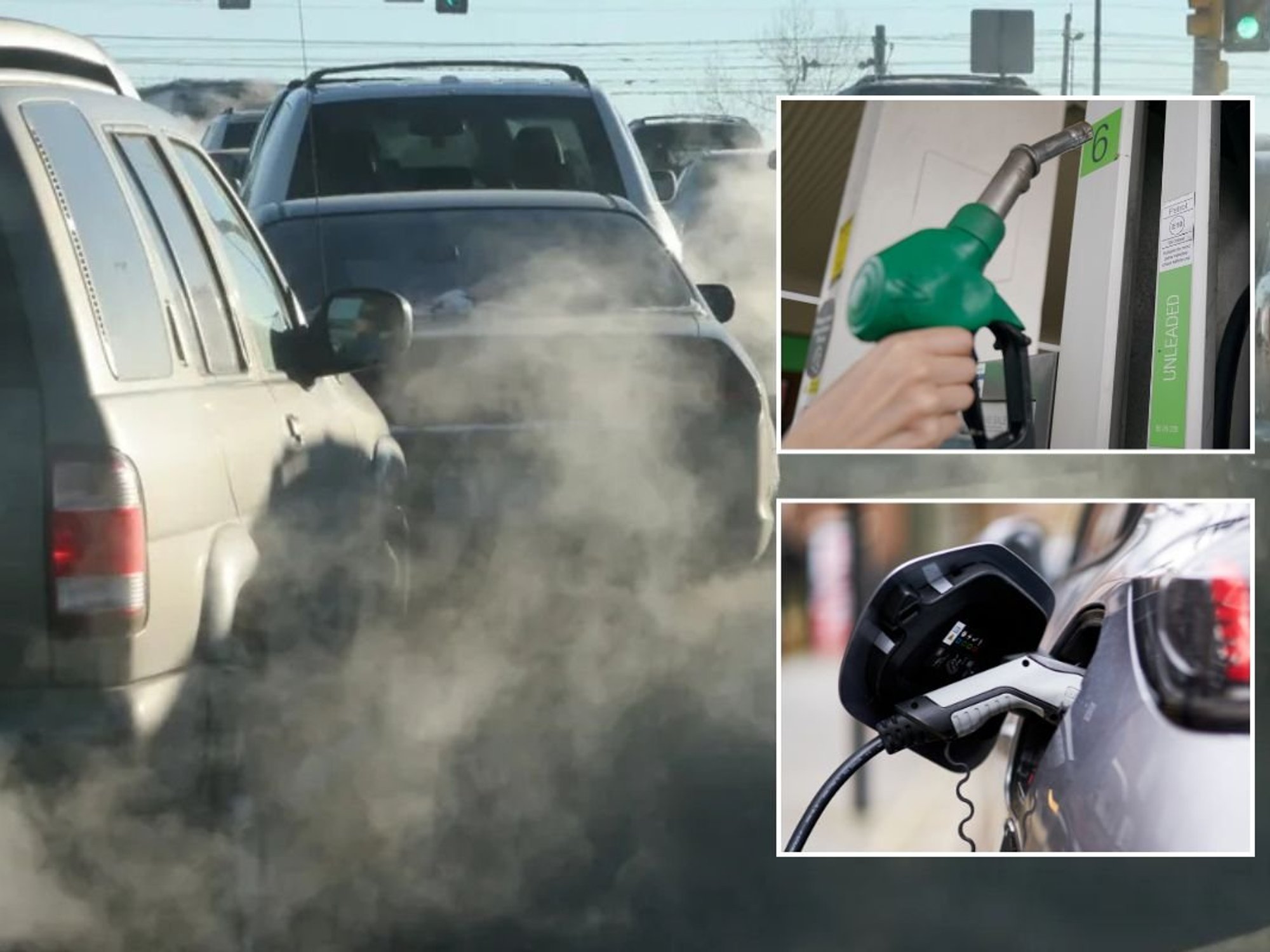Bank of England hike interest rates to 5 per cent in further blow to mortgage holders
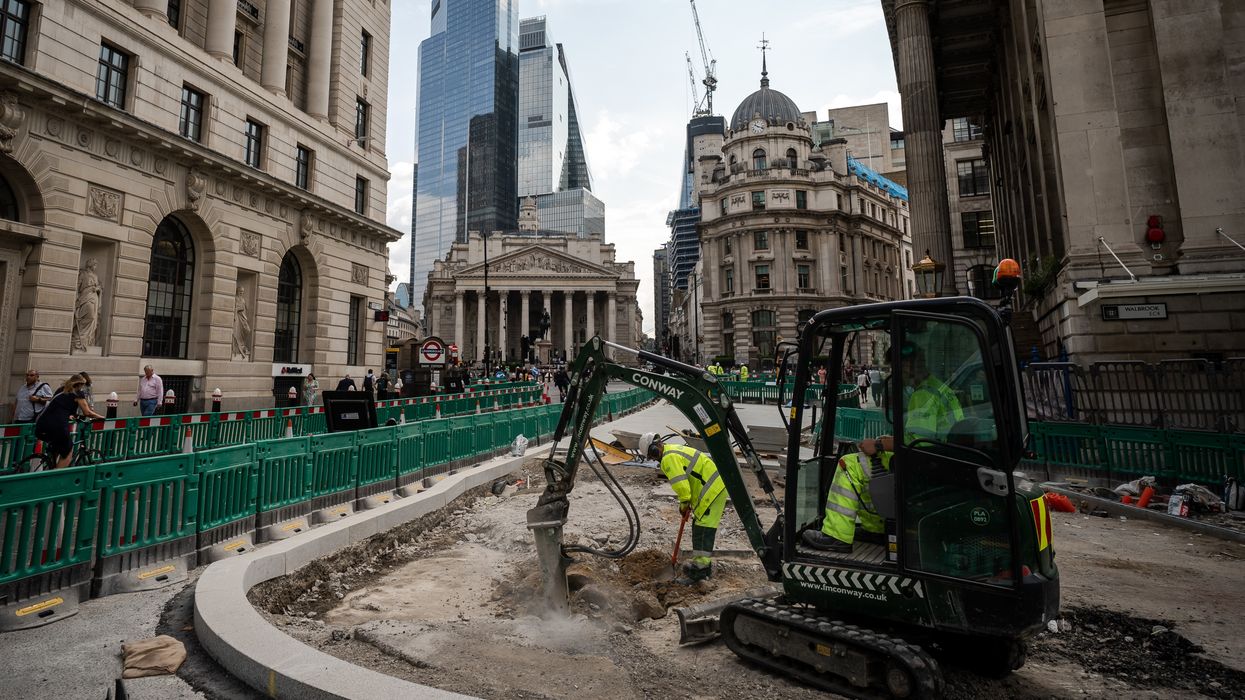
The 0.5% hike is bigger than most forecasters expected
|PA
Interest rate raised for a record-breaking 13th consecutive time
Don't Miss
Most Read
Latest
The Bank of England has announced a half percentage hike in the interest rate from 4.5 per cent to 5 per cent, making loans, mortgages and credit card debt more expensive.
The base rate is now at its highest level in 15 years.
It comes following the Office for National Statistics confirmation that Consumer Prices Index inflation (CPI) remained at 8.7 per cent in May, defying expectations that it would decrease.
Andrew Bailey, Governor of the Bank of England, explained the decision: “We've raised rates to 5% following recent data which showed that further action was needed to get inflation back down.
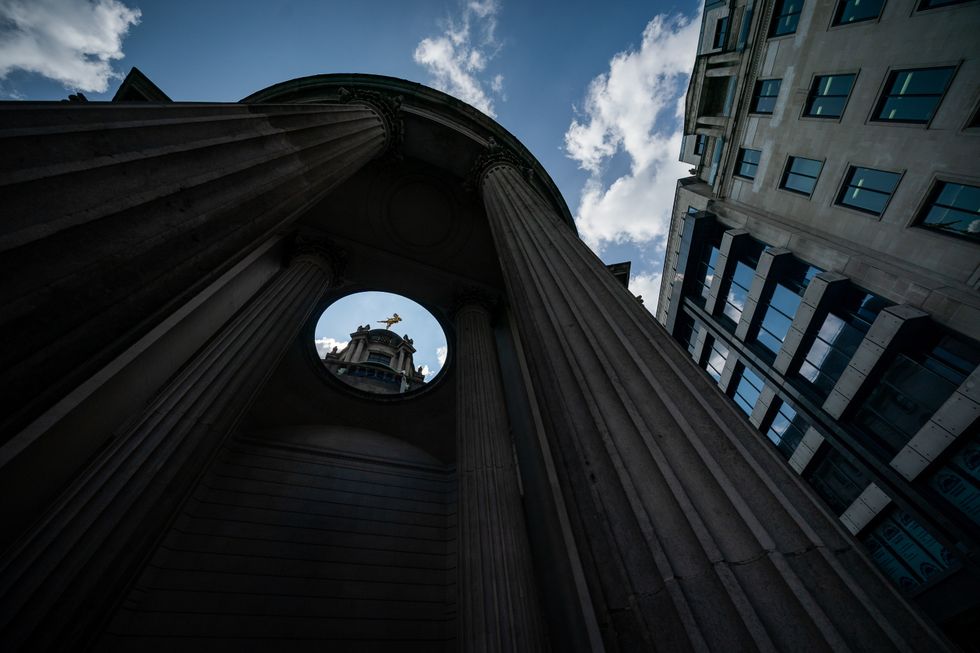
Bank of England
|PA
"The economy is doing better than expected, but inflation is still too high and we’ve got to deal with it.
"We know this is hard - many people with mortgages or loans will be understandably worried about what this means for them.
"But if we don't raise rates now, it could be worse later. We are committed to returning inflation to the 2% target and will make the decisions necessary to achieve that.”
Rising prices for plane tickets, recreational and cultural goods and services and second-hand cars are to blame for inflation remaining high, says the ONS.
ONS chief economist Grant Fitzner said: “After last month’s fall, annual inflation was little changed in May and remains at a historically high level.
“The cost of air fares rose by more than a year ago and is at a higher level than usual for May.
“Rising prices for second-hand cars, live music events and computer games also contributed to inflation remaining high.”
While food and energy prices are conventionally volatile and impacted by global commodities, Bank of England economists will be concerned that 'core' and services inflation remains high.
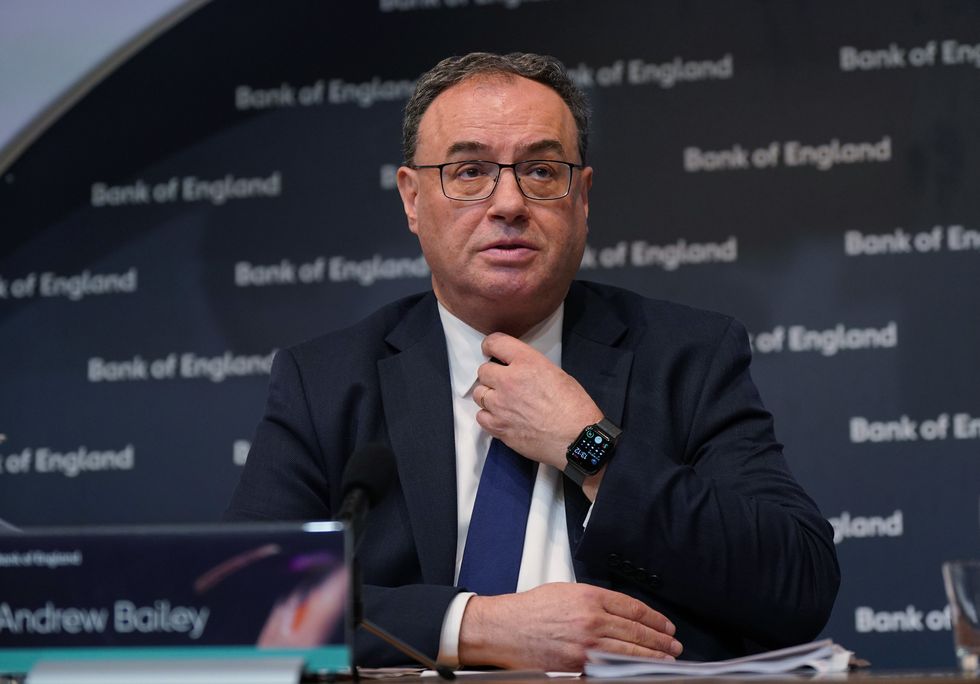 Andrew Bailey | PA
Andrew Bailey | PAEconomists keep a watchful eye on core inflation for signs of an overheating economy, as the index excludes food, energy, alcohol and tobacco prices.
Stubbornly high core inflation has risen to 7.1 per cent, the highest annual rate increase since March 1992.
Fitzner notes that core inflation is "probably driven, at least in part, by the increase we've seen in wages."
The cost of motor fuel has fallen, offsetting the rise in other areas and putting the biggest downward pressures on inflation.
Inflation in the US is floating around 3 per cent, while France and Germany are closer to 6 per cent.
Prime Minister Rishi Sunak reacted to the rise by saying "the reason interest rates are going up is because inflation is too high," but the Government will "remain steadfast in its course" to curb inflation.
The interest rate rise will mean those on a typical tracker mortgage will pay about £47 more a month, while those on standard variable rate mortgages will see a £30 increase.
The UK's net debt has reached £2.6trillion as of the end of May, which is estimated at 100.1 per cent of the UK's entire gross domestic product (GDP), the Office for National Statistics (ONS) has confirmed.
It is the first time the debt-to-GDP ratio has risen above 100 per cent since March 1961.






